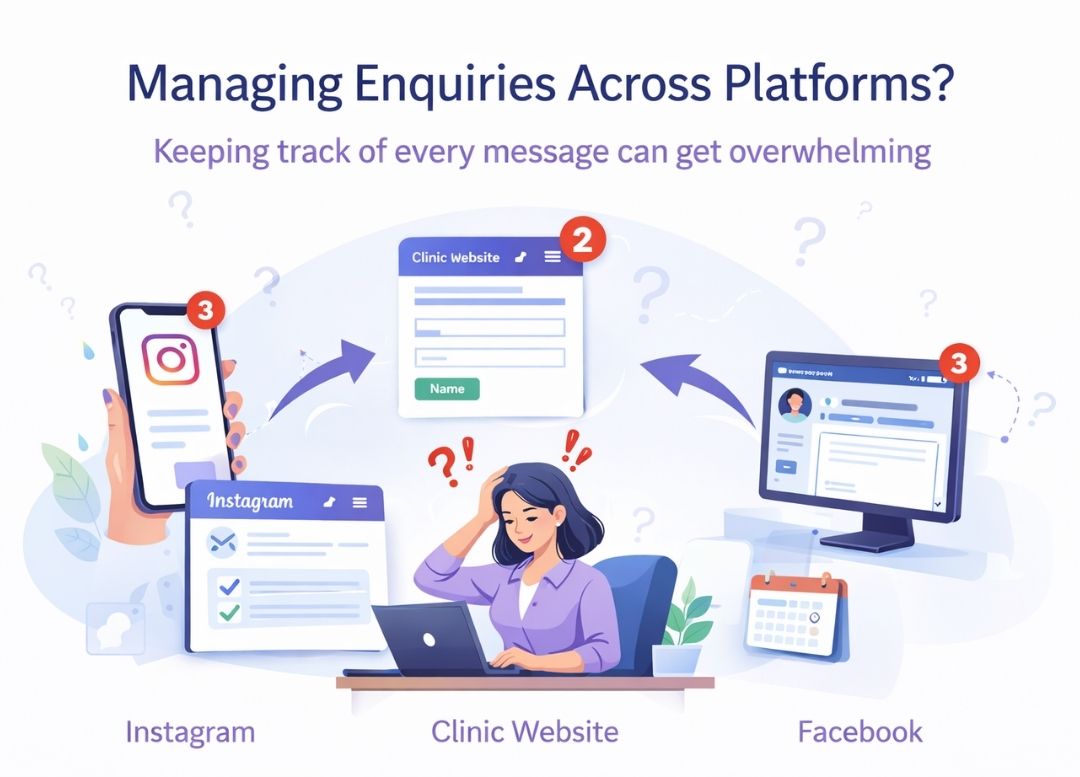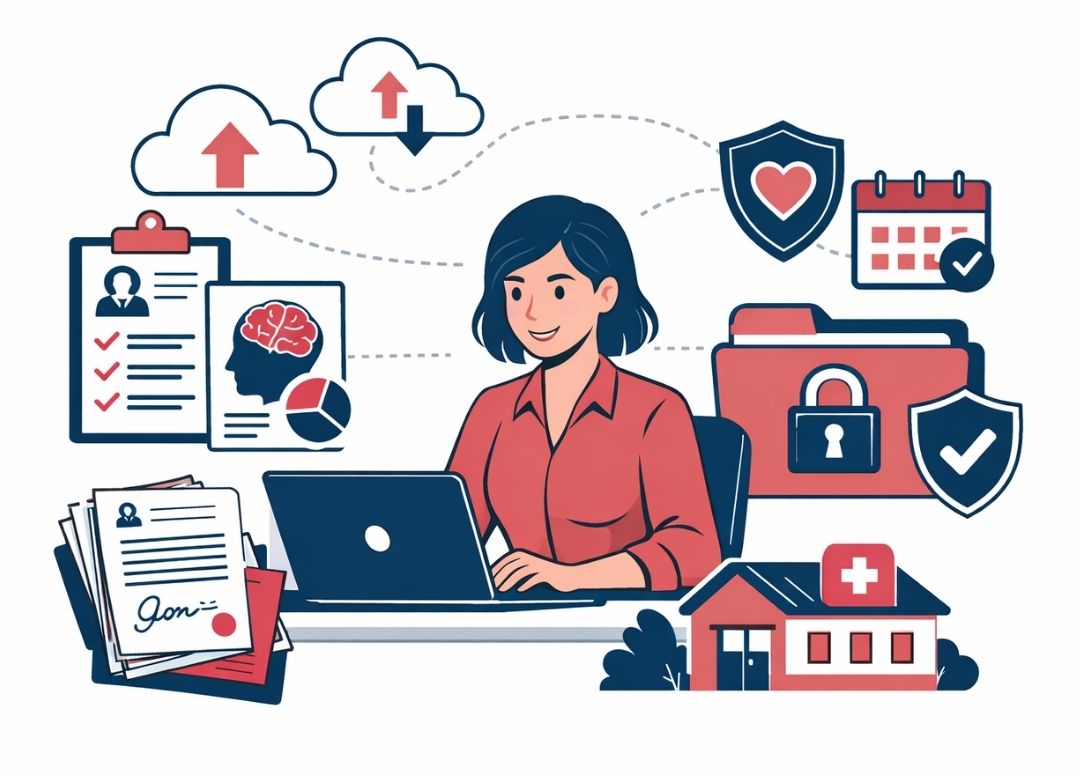What is Psychotherapy and its Importance in India?
In India, mental health has been traditionally stigmatized and neglected. Still, over the past few years, there has been a growing awareness of the importance of mental health and the need for accessible and effective mental health services. According to the World Health Organization (WHO), about one in four people in India will experience a mental health issue in their lifetime.

On this page
Jump to sections
In India, mental health has long been surrounded by stigma and misunderstanding. For many years, emotional and psychological struggles were either ignored or considered a personal weakness. However, this is slowly changing.
According to the World Health Organization (WHO), nearly one in four people in India will experience a mental health issue at some point in their lives. Despite this high number, only a small percentage of people receive timely and appropriate care. This gap clearly highlights the need for accessible and effective mental health treatments such as psychotherapy.
From our work at the intersection of technology and mental healthcare, we have seen that awareness is increasing—but access and acceptance still remain major challenges.
What Is Psychotherapy?
Psychotherapy, often called talk therapy or counselling, is a structured treatment process where a trained mental health professional works with an individual to address emotional, psychological, and behavioural difficulties.
Psychotherapy is based on a simple but powerful idea:
Thoughts, emotions, and behaviours are connected—and changing one can influence the others.
Through regular sessions, individuals learn to:
- understand their thoughts and emotions
- identify unhealthy patterns
- develop healthier coping skills
- gain new perspectives on their problems
Psychotherapy is not only for severe mental illness. It is also useful for stress, relationship issues, life transitions, trauma, and personal growth.
Who Provides Psychotherapy in India?
In India, psychotherapy is delivered by different mental health professionals, including:
- Psychiatrists – medical doctors who can provide therapy and prescribe medication
- Clinical psychologists – trained in psychological assessment and psychotherapy
- Counselling psychologists and clinical social workers – trained to provide therapy and emotional support
Therapy can be offered in multiple formats:
- individual therapy
- group therapy
- family or couples therapy
The choice of therapy depends on the individual’s concerns, preferences, and the therapist’s expertise.
Types of Psychotherapy Commonly Used in India
Several evidence-based psychotherapy approaches are practiced in India, including:
- Cognitive Behavioural Therapy (CBT) - Focuses on identifying and changing negative thought patterns and behaviours.
- Interpersonal Therapy (IPT) - Helps individuals improve relationships and communication skills.
- Psychodynamic Therapy - Explores past experiences and unconscious patterns to understand present difficulties.
These approaches are widely recommended in clinical guidelines across the world.
Why Psychotherapy Is Important in India
The importance of psychotherapy in India lies in the safe and supportive space it offers.
Psychotherapy can help individuals dealing with:
- depression
- anxiety disorders
- phobias
- substance use issues
- eating disorders
- trauma and grief
- relationship difficulties
Research consistently shows that psychotherapy leads to long-term improvement in mental health. Multiple studies indicate that people with depression and anxiety often show significant improvement when treated with psychotherapy, either alone or alongside medication.
It is also considered cost-effective, especially when compared to long-term medication use alone.
The Role of Technology in Psychotherapy in India
Technology has played a major role in expanding access to psychotherapy, especially in a country as diverse and large as India.
How technology helps:
- Online and phone-based therapy allow people to access care from their homes
- Particularly useful in rural and underserved areas
- Reduces travel time and cost
- Makes therapy accessible for people with mobility challenges
From working closely with mental health professionals, we’ve seen that digital platforms help practitioners manage sessions, engage clients, and maintain continuity of care more effectively.
Advanced Use of Technology in Therapy
Technology has also enabled innovative approaches such as:
- Virtual Reality (VR) therapy - Used for phobias, anxiety, and PTSD through controlled exposure.
- AI and Machine Learning tools - Help in symptom tracking, progress monitoring, and early identification of risk patterns.
AI-powered tools do not replace therapists but support them in delivering more personalised and consistent care.
Challenges of Technology-Based Psychotherapy in India
Despite its benefits, digital psychotherapy faces challenges:
- lack of clear regulatory guidelines
- varying quality of online services
- concerns around data privacy and ethics
Addressing these challenges is essential to ensure safe and effective care.
Conclusion
Psychotherapy is a crucial part of mental healthcare in India. While stigma, access issues, and resource gaps still exist, awareness and acceptance are steadily growing.
With evidence-based therapy approaches and the increasing use of technology, more people in India now have access to mental health support than ever before. Continued collaboration between healthcare providers, technology platforms, and policymakers will be key to ensuring quality mental health care across the country.
About the Author
Puneet is the founder of LifeHetu Technology, a platform built specifically for mental healthcare professionals to manage appointments, documentation, payments, and client engagement securely. He works closely with therapists, psychologists, and counselling centres to simplify digital practice management while preserving confidentiality and clinical integrity.
FAQs
What is psychotherapy?
Psychotherapy is a structured talk-based treatment that helps individuals understand and manage their thoughts, emotions, and behaviours.Why is psychotherapy important in India?
It addresses widespread mental health needs, offers long-term benefits, and helps overcome stigma through professional support.What are common psychotherapy types in India?
CBT, IPT, and psychodynamic therapy are widely used and evidence-based.How does technology improve psychotherapy access?
Online therapy, AI tools, and digital platforms make mental healthcare more accessible, affordable, and consistent.What challenges exist in online psychotherapy?
Lack of regulation, quality variation, and privacy concerns remain key challenges.
On this page
Jump to sections
Related Reads. Similar Blogs to Check Out.





